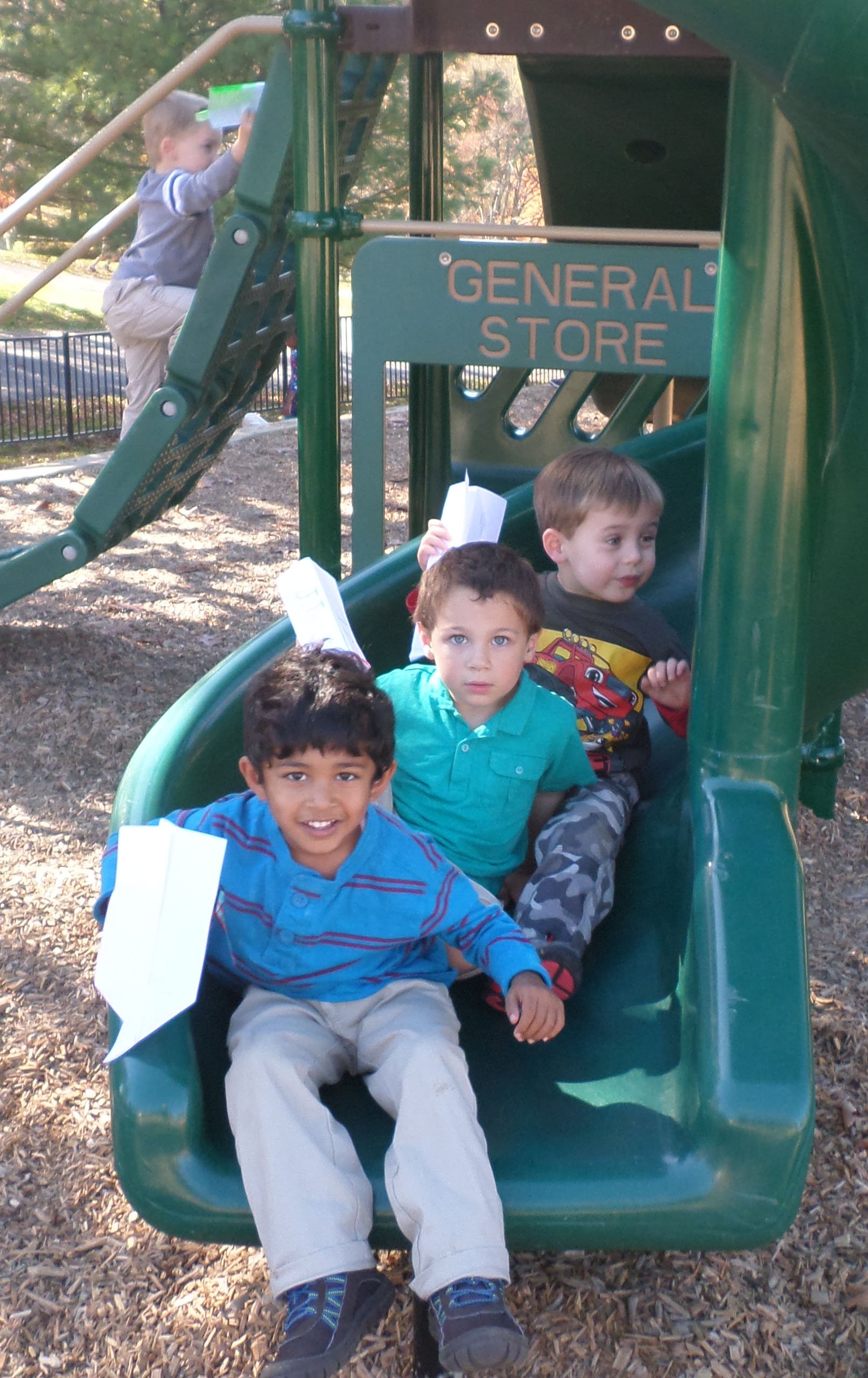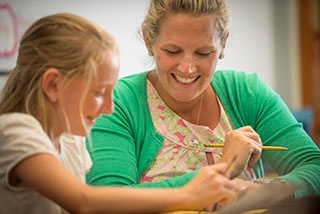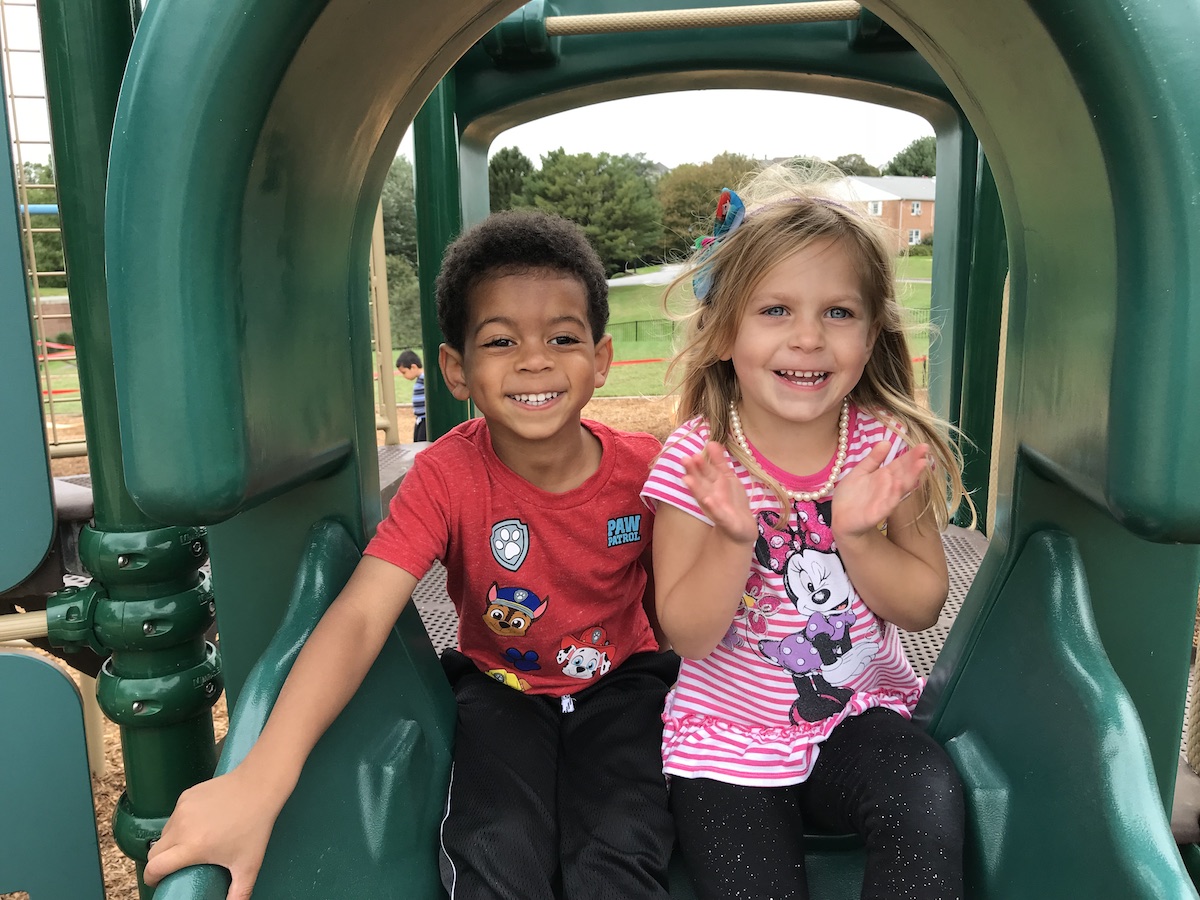Worrying from time to time is natural, even for children. As the caring adults in their lives, how do we approach these worries in a way that helps kids develop positive coping skills? Here are the top five tips I share with teachers and parents:
1.) Listen
Sure, this one may be obvious. When children open up to us, we know that they need to feel heard and understood. But once we get the gist of it, it is so easy to jump in and try to solve the problem or offer our opinion. The next time you’re ready to jump in, remember that it is likely too soon for your child.
2.) Bring the child back to reality
Kids can easily lose perspective and make little deals into big deals. Let’s say a child worries that everyone at school thinks he is stupid because he gave a wrong answer in class. Reframe the situation by pointing out an alternative (and more positive) viewpoint.
What do your teachers say about participating—do they say that you should try, even if you might be wrong? Have you heard other kids give wrong answers in class? And you don’t think they are stupid, right? You put yourself out there and took a risk today. I’m really proud of you for trying.
3.) Help the child look for solutions
At times, kids are worried about a situation where some type of action is necessary. Before you make suggestions about what to do, ask some questions to put the ball in the child’s court.
- I wonder what might help?
- What are you going to do about that?
- What’s one thing you could try?
Questions like these are empowering for kids—they show that you have confidence in their ability to solve problems on their own.












